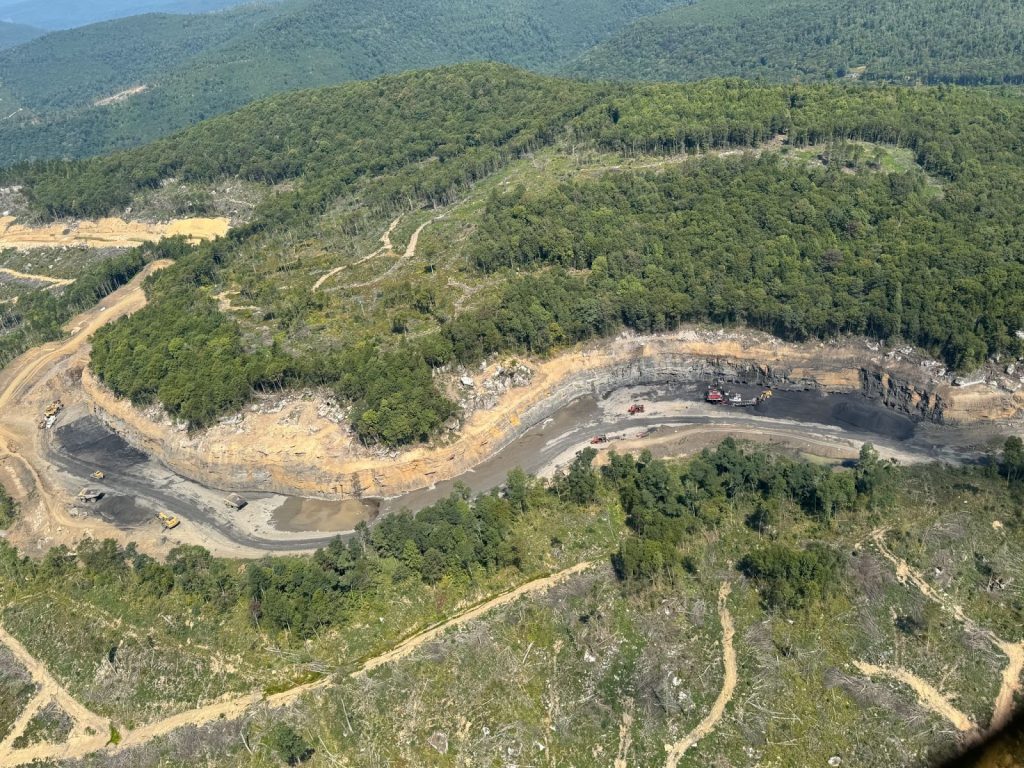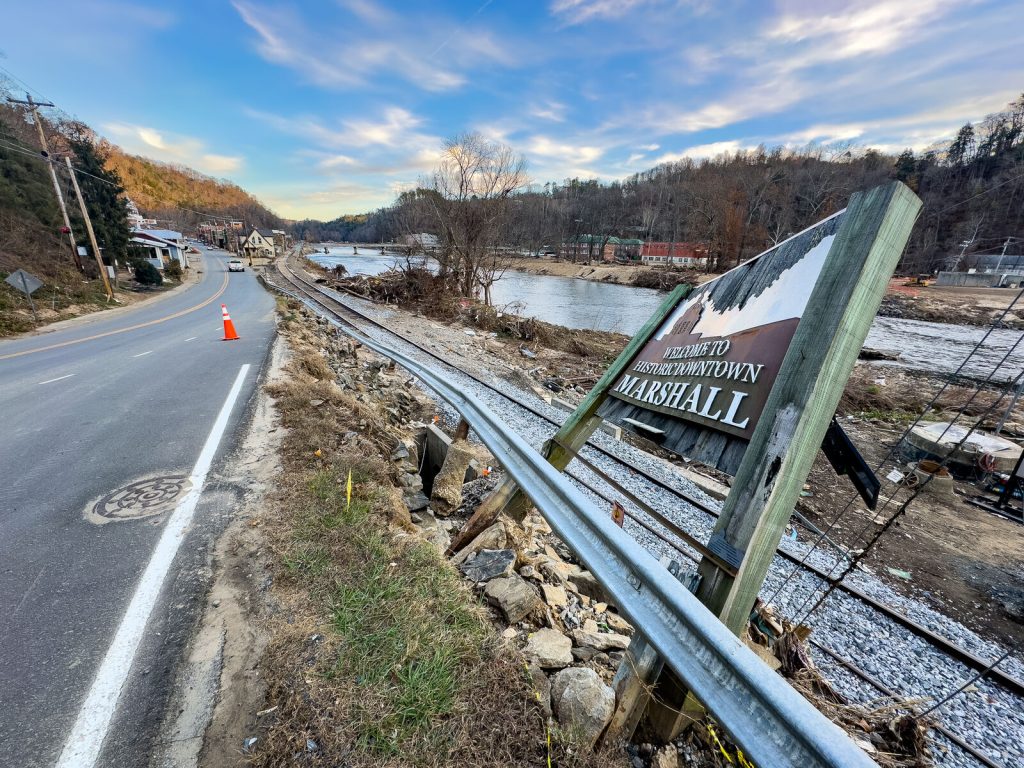Cleaning Up Coal Ash
For well over a century, power plants across the country have burned coal to generate electricity. And for just as long, leftover coal ash has been dumped in open, unlined pits near the power plant, usually located on a river or lake. Every year, U.S. power plants produce 130 million tons of coal ash, which is the second largest waste stream in the country after municipal garbage.
Coal ash concentrates the toxic heavy metals found in coal, including arsenic, mercury, lead and selenium. Stored in unlined, wet impoundments, coal ash has been leaking these toxics into our groundwater and surface waters for years. Sometimes these impoundments collapse — with disastrous results.
Yet government regulations for coal ash management are either non-existent or sparse, and there is little enforcement of the regulations that do exist. In North Carolina, this lack of oversight — and the complicity between state regulators, elected officials and Duke Energy — came to a boiling point in February 2014 when one of Duke’s coal ash impoundments spilled 39 million tons of ash into the Dan River.
Citizens living near North Carolina’s 33 coal ash impoundments — all of which have leaked — have fought for transparency from Duke and the state, and for cleanup of the pollution that threatens their property value, health and family. Their actions forced this issue into the headlines of news networks and to the forefront of environmental justice conversations in the United States.
Appalachian Voices stood with these communities as we worked for years to compel Duke Energy and the N.C. Department of Environmental Quality to excavate coal ash from all the North Carolina sites and dispose of it either in lined, dry landfills, away from waterways, or by recycling it for concrete or other uses, provided it’s done in a manner that protects public health and the environment.
On Jan. 2, 2020, North Carolina announced a historic settlement with one of the state’s most powerful corporations and polluters, Duke Energy. The settlement requires Duke to move nearly 80 million tons of toxic coal ash at six of its power plants to properly lined landfills onsite or recycle it.

Learn information about specific coal ash impoundments in the South, including health threats and safety ratings:
Additional Resources
Fact sheets, videos, links to academic research, and more
Sign Up to Act
Help us protect the health of our communities and waterways.
Latest News
Federal regulators poised to crack down on coal mine operated by Jim Justice’s family
On Dec. 10, 2024, the U.S. Office of Surface Mining Reclamation and Enforcement sent a damning letter to the West Virginia Department of Environmental Protection over the state’s failure to rein in operations on a wildly non-compliant coal strip mine in Wyoming County, West Virginia.
Appalachian Voices celebrates Congress passing year-end victories for Appalachian communities
Congress passed a stopgap funding measure that includes $100 billion in disaster relief and will keep the federal government open through March 2025. President Joe Biden will sign the funding package into law, along with the bipartisan Thomas R. Carper Water Resources Development Act of 2024 passed by Congress this week.
Top mine regulator can and must halt illegal coal hauling in the Monongahela National Forest
Sharon Buccino, the acting head of the Office of Surface Mining Reclamation and Enforcement, could take immediate action to shut down South Fork Coal’s illegal coal hauling operation in the Monongahela National Forest.
REPORTER MEMO: Southeast Supply Enhancement Project
The proposed project is a massive expansion of Transco’s pipeline network of over 1.5 million dekatherms per day of additional gas, and requires approximately 54.9 miles of additional pipe in Virginia and North Carolina in two separate “loops.”
Appalachian Voices statement on Trump and Musk attempt to scuttle much-needed disaster funding
People in Appalachia hit by Helene have waited months for the federal government to step up and provide the necessary aid. Further delays are unacceptable.











